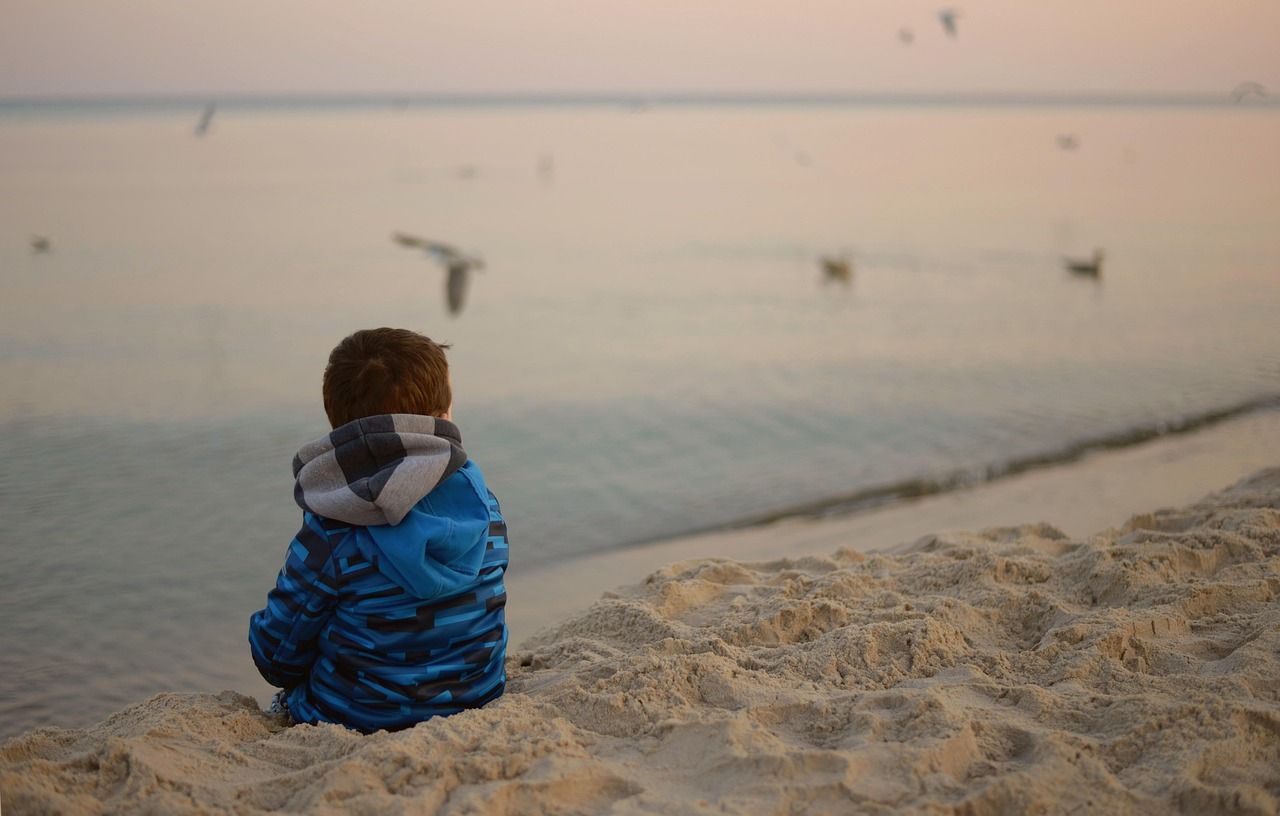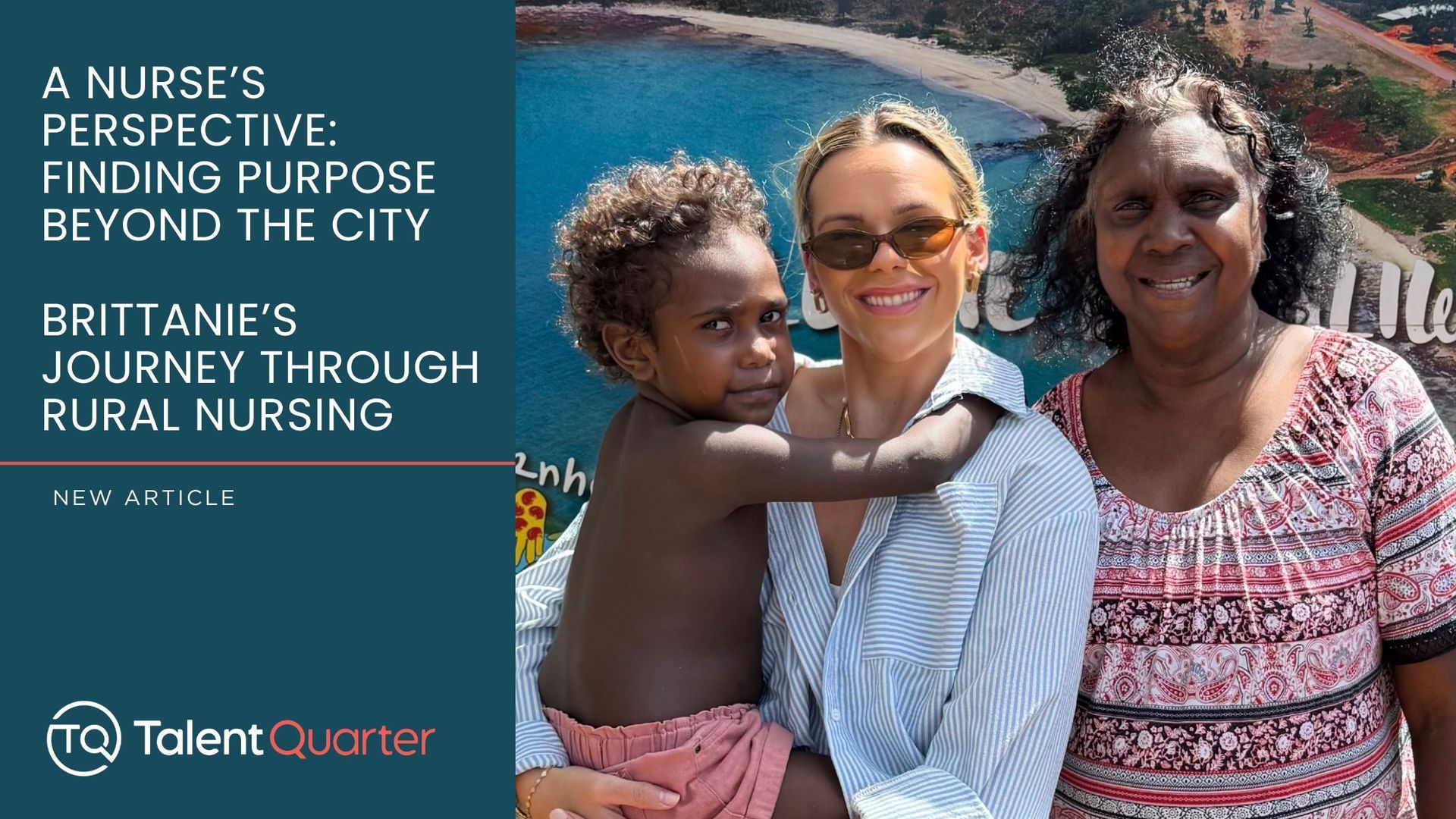Recognising anxiety and depression in young people

Mental health challenges among young people are on the rise globally and Australia is no exception. Anxiety and depression are two of the most common mental health concerns affecting children, teenagers, and young adults. Recognising the signs early can make a huge difference in a young person’s wellbeing, academic performance, relationships, and long-term health.
Whether you’re a parent, carer, teacher, or youth support worker, understanding the symptoms, and knowing how to respond, is key to supporting young people through tough times.
Anxiety is a natural human response to stress or danger. It’s the feeling of fear, worry, or unease that everyone experiences from time to time. But when anxiety becomes persistent, overwhelming, or out of proportion to the situation, it may be considered a mental health condition. Anxiety is your body and brain’s alarm system. It gets you ready to face a threat. This can be helpful in short bursts, but problematic when it doesn’t turn off.
Anxiety can be a real problem if:
- It lasts for weeks or months
- It interferes with daily life (school, work, relationships)
- It leads to avoidance of normal activities
- It’s accompanied by physical symptoms like rapid heartbeat, sweating, nausea, or trouble sleeping
Depression, on the other hand, is a prolonged sense of sadness, hopelessness, or a lack of interest in things that used to bring joy. Depression is a common but serious mental health condition that affects how a person feels, thinks, and behaves. It goes far beyond occasional sadness. Depression involves persistent feelings of hopelessness, emptiness, or disinterest that can last for weeks or longer and interfere with daily life.
Depression is more than feeling down. It’s like losing your emotional ‘spark’ and the things that once brought joy or purpose feel dull, overwhelming, or meaningless.
While these conditions often overlap, and while they’re treatable, they’re not always easy to spot. Some of the emotional signs of anxiety or depression in young people, that you can watch for, may include:
- Ongoing sadness or irritability
- Excessive worry or fear
- Feeling worthless or hopeless
- Outbursts of anger or frequent mood swings
In addition, young people may exhibit some behavioural signs of either anxiety or depression. Keep an eye out for:
- Withdrawal from friends and family
- Loss of interest in hobbies or school
- Avoiding social situations
- Changes in eating or sleeping habits
Finally, there can also be physical manifestations which may include:
- Constant fatigue or low energy
- Headaches or stomach aches without a clear cause
- Restlessness or trouble sitting still
So, what can you do about it and what’s the best way to support a young person who may be experiencing anxiety or depression?
Firstly, let them know you’ve noticed they’re not themselves, and you’re there to talk, with no judgment. Simple phrases like ‘I’ve noticed you’ve been a bit down lately, how are you feeling?’ can kickstart a conversation.
Equally, sometimes, just being heard can be very powerful. Avoid jumping straight to solutions. Show empathy and validate how the young person is feeling and just listen without, trying to fix the problem.
If the symptoms are ongoing or affecting their daily life, gently suggest support through a GP, psychologist, or school counsellor. Services like Kids Helpline or Headspace are also great starting points and may provide a sense of supportive anonymity.
Recognising anxiety and depression in young people isn’t always straightforward but your awareness and support can make a life-changing difference. When we listen, validate, and act with compassion, we help young people feel seen, supported, and empowered to seek help.
If someone you know needs immediate help, these organisations might be able to provide support:
Lifeline 13 11 14
Kids Helpline 1800 55 1800


Talent Quarter is a trusted healthcare recruitment partner in Australia, connecting qualified nurses, doctors, allied health professionals and carers with organisations in need. We provide locum, permanent, travel and shift-based roles, delivering workforce solutions that strengthen teams, improve retention and safeguard patient care.
LET’S GET CONNECTED
#ConnectionsWithImpact
QUICK LINKS
FIND TALENT
FIND JOBS

Talent Quarter is a trusted healthcare recruitment partner in Australia, connecting qualified nurses, doctors, allied health professionals and carers with organisations in need. We provide locum, permanent, travel and shift-based roles, delivering workforce solutions that strengthen teams, improve retention and safeguard patient care.
LET’S GET CONNECTED
#ConnectionsWithImpact
QUICK LINKS
FIND TALENT
FIND JOBS

In the spirit of reconciliation, Talent Quarter acknowledges the traditional custodians of country throughout Australia and their connections to land, sea and community. We pay our respect to their elders past and present and extend that respect to all Aboriginal and Torres Strait Islander peoples today.
We welcome all cultures, all religions, all colours, all beliefs, all ages, all sizes, all types, all people.

We welcome all cultures, all religions, all colours, all beliefs, all ages, all sizes, all types, all people.

In the spirit of reconciliation, Talent Quarter acknowledges the traditional custodians of country throughout Australia and their connections to land, sea and community. We pay our respect to their elders past and present and extend that respect to all Aboriginal and Torres Strait Islander peoples today.

We welcome all cultures, all religions, all colours, all beliefs, all ages, all sizes, all types, all people.
Talent Quarter. All rights reserved.
Talent Quarter. All rights reserved.


